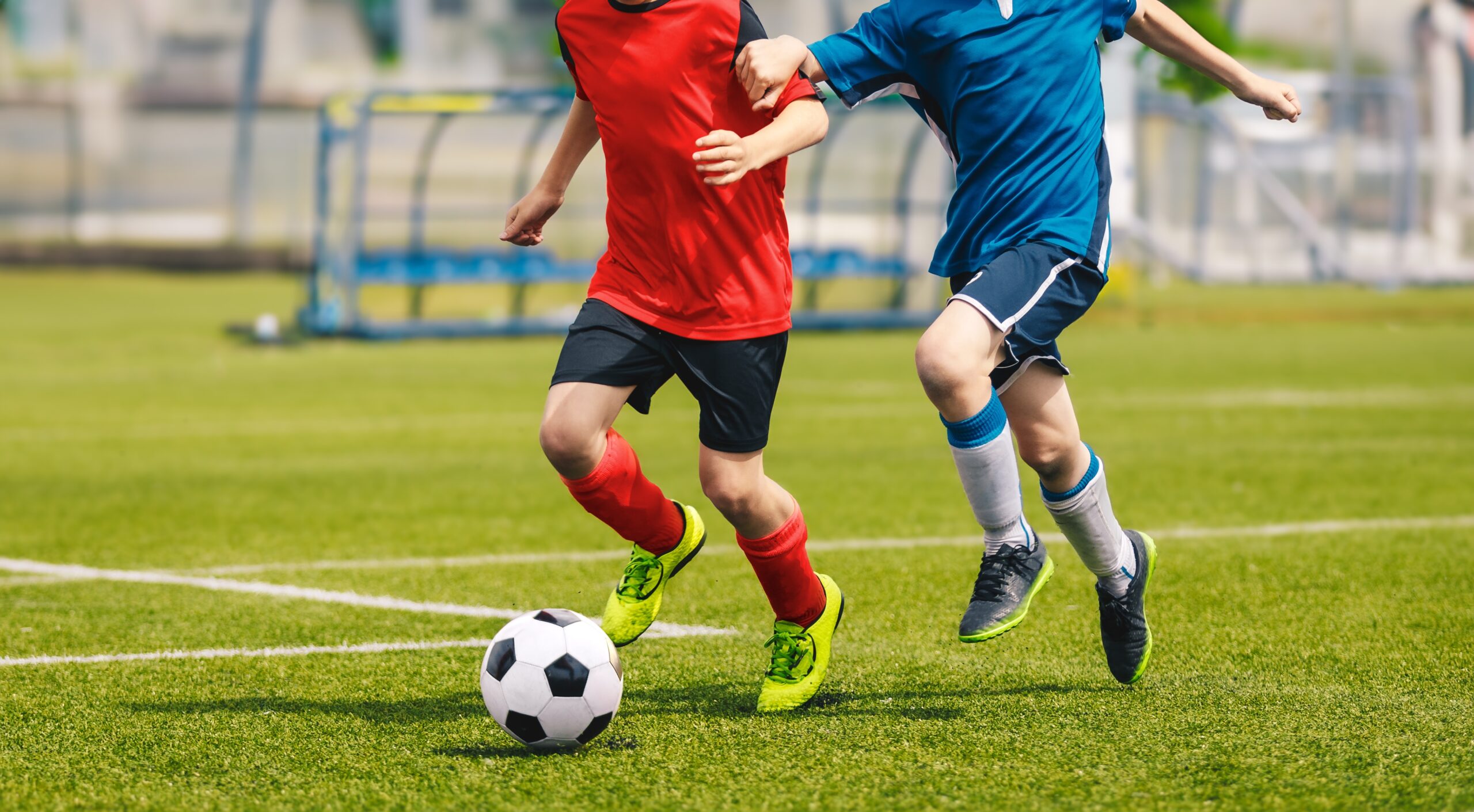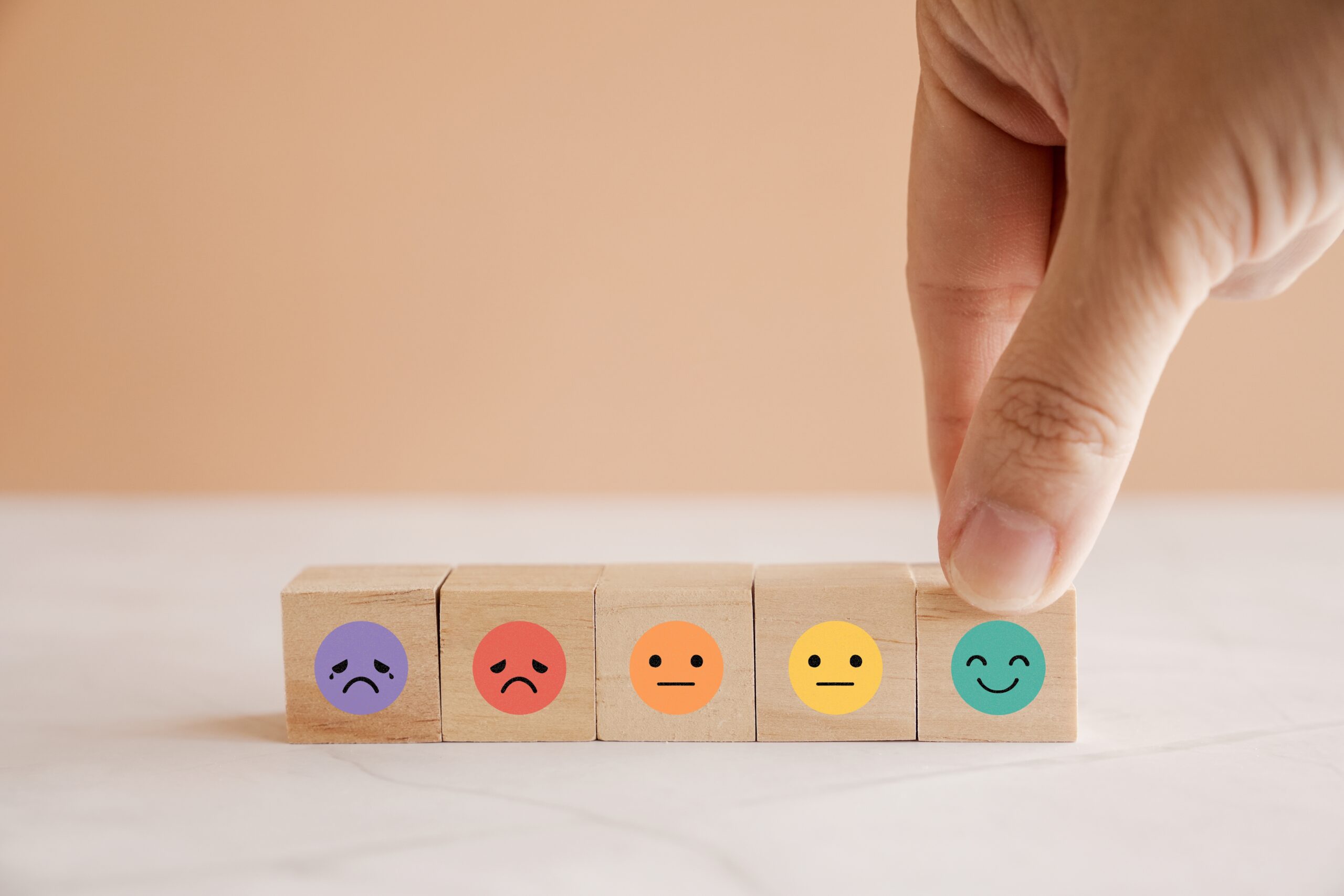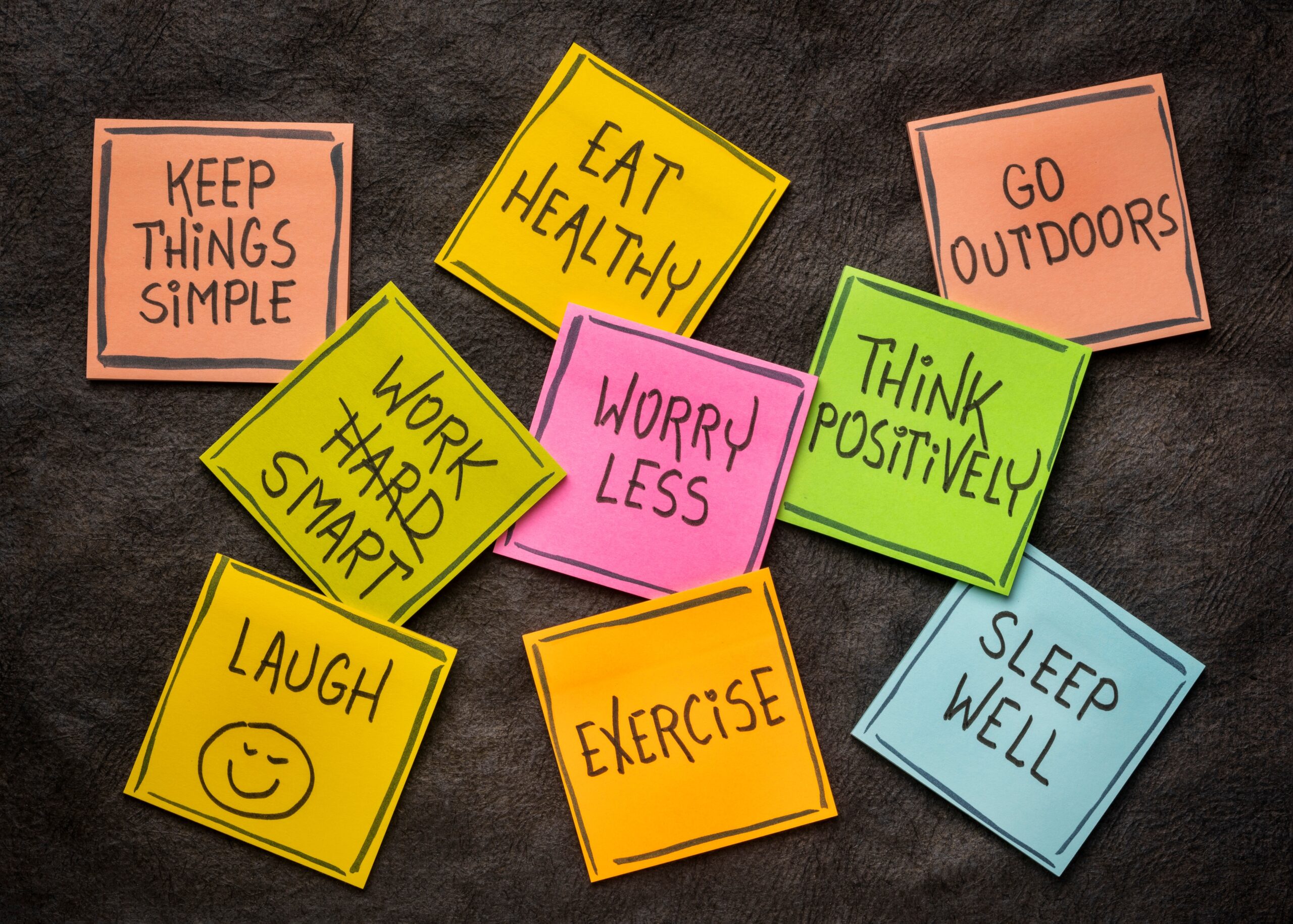A healthy start
Food is fuel
Did you know that your brain uses up to 20% of the energy you need every day? Just like a car needs petrol to run, your body and brain also need fuel to work properly.
Setting yourself up to learn and study well starts with eating well.
Breakfast
You might be tempted to skip breakfast so you can get a few more minutes in bed, but just like a car won’t go anywhere with an empty tank, your body and brain can’t run on empty either.
A good breakfast will give you the energy you need to make it to your first break or lunchtime. Try to eat a breakfast full of slow-release carbohydrates and protein to give you energy and focus. For example:
- Porridge with nuts, seeds and fruit: Oats are a great source of slow-release carbohydrates. Add extra toppings like nuts, seeds and fruit for an extra boost.
- Whole-grain cereal with milk and fruit: Choose a cereal that’s low in sugar and high in fibre, such as Weetabix or bran flakes. Have it with milk and fruit like fresh berries and/or a sliced banana.
- Wholemeal toast with avocado and a poached egg: This provides a good balance of healthy fats, protein and complex carbohydrates.
- Greek yogurt with fruit and low-sugar granola or muesli: Greek yogurt is a good source of protein, and a low-sugar granola or muesli can provide fibre and some slow-release carbohydrates.
Lunch
It’s hard to resist the lure of sausage rolls, chips, chocolate or crisps, but these kinds of foods won’t give you enough energy to get you through the afternoon. You can beat the 3 o’clock slump – that sleepy feeling you can often get in the middle of the afternoon – by eating a well-balanced lunch.
Spending 15 minutes making a packed lunch is time well spent. Be sure to include high-protein foods like meat, fish, chicken, eggs, nuts and seeds, dried beans and lentils, dairy products and soy products.
Dinner
The best study-friendly dinners are ones that are high in protein, healthy fats and complex carbohydrates.
Snacks
Processed and packaged foods are often high in salt, sugar and/or fat and won’t give you the right fuel you need to perform at your peak. Avoid fizzy drinks, crisps and sweets – they are just empty calories and won’t help you to do your best work.
Beware of caffeine crashes. Having an energy drink or an afternoon coffee might give you a short-term lift, but after the caffeine wears off, you’ll actually feel more tired than you did before.
Here are some brain-boosting snacks that will power you through your study sessions:
• Fresh fruit: Apples, bananas, oranges, berries, etc.
• Dried fruit: Raisins, apricots, dates.
• Nuts and seeds: Almonds, walnuts, pumpkin seeds, sunflower seeds.
• Trail mix: A mix of nuts, seeds and dried fruit.
• Yogurt: Plain or Greek yogurt (add some berries or nuts for an even bigger brain boost).
• Hard-boiled eggs: A good source of protein and nutrients.
• Vegetables with hummus: Carrots, celery, peppers.
• Wholegrain crackers with cheese: Provide protein and fibre.
• Green tea: Contains antioxidants and may improve focus.
Vitamins and minerals
Vitamins and minerals are an essential part of our diet, but did you know that certain ones are particularly good for studying? For example:
• Vitamin B12 helps to improve memory and prevent mental fatigue.
• Vitamin D can boost concentration and mood.
• Vitamin C is crucial for brain health, including focus, memory, reaction time and concentration.
• Omega-3 essential fatty acids, mainly contained in fish oil, can improve memory and learning ability.
• Magnesium helps reduce stress and increase energy levels.
The best way to make sure you’re getting all the vitamins and minerals you need is to eat a balanced diet, but it might be a good idea to take a daily multivitamin if you feel your diet may be missing in certain nutrients.
Brainpower on a plate
Recent studies suggest eating the following foods for optimum brainpower on a plate:
• Avocados
• Beetroot
• Berries
• Citrus fruits
• Dark chocolate
• Green leafy vegetables, such as spinach, kale and broccoli
• Eggs
• Fatty fish, such as salmon and tuna
• Nuts, especially walnuts
Brainpower on a plate
Last but not least, drink 8–10 glasses (1.5–2 litres) of water during the day. Did you know our brains are about 80% water? Headaches, dizziness, tiredness and brain fog are all signs that you could be dehydrated.
A lot of people like to bring a large reusable water bottle with them to school and work. Look for ones that have a capacity of at least 1 litre. If you fill it up in the morning and drink it all by the end of the school day, you’ll only need one or two more glasses for the rest of the day.
Exercise
Getting enough exercise is one of the most important things you can do for your overall health – and for studying effectively. The benefits include:
- Improved focus and concentration: Exercise increases blood flow to the brain, which can help you stay focused during study sessions.
- Enhanced memory: Regular exercise can improve memory and thinking skills by stimulating the release of chemicals that promote brain cell growth and protect existing brain cells.
- Stress and anxiety reduction: Exercise is a natural stress reliever and can help manage the anxiety associated with studying and exams.
- Better sleep: Exercise can help you to sleep better, which in turns means you’ll be more alert the next day.
- Increased energy levels: Exercise can boost energy levels, making it easier to stay motivated and alert during study sessions.
- Mood boost: Exercise releases endorphins (the body’s ‘happy hormones’), which can improve your mood and make studying feel less daunting.
Try to do some kind of moderate-intensity exercise for at least 30 minutes a day, ideally five times a week. It doesn’t have to be a sport – even just taking the dog for a walk, getting off the bus one or two stops earlier, cycling to school or helping your parents with some housework count.



Rest and relaxation
Rest and relaxation are a necessary part of the day. You can’t be at your best if you never take a break. In fact, rest is so important that professional athletes make it a part of their training schedule.
Time away from the books is important. Combine rest and relaxation with exercise to maximise your healthy lifestyle in preparation for your exams.

Keep it in perspective
Exams and work are important, but not to the extent that your health suffers. By following the tips here, you’ll create a healthy mindset and lifestyle that allows you to approach the exams with confidence. Remember, work is healthy; worry isn’t.

Sleep for success
Sleep is crucial for both physical and mental well-being. Getting the right amount of sleep is important for learning, memory and decision-making; better focus and concentration; and even better mood. There is a strong connection between poor grades and lack of sleep because of the resulting difficulty in concentrating.
Did you know that teenagers need more sleep than adults or younger kids? Most teenagers need 9 to 9½ hours of sleep each night, whereas adults need 7 or 8. So do the math and work backwards from when you have to wake up in the morning to make sure you’re going to bed at the right time. For example, if you get up at 7 a.m., you need to go to bed at 10 p.m.
The problems start when your body clock runs late. If you’ve become used to sleeping from 3 a.m. until noon at the weekend, you’re programmed to still be asleep when you get into school at 9 a.m. on Monday. The result can be a feeling similar to jet lag, and it can negatively affect your study and exam performance. There’s nothing wrong with a little lie-in at the weekends or during breaks, but you’ll actually feel better and be more productive if you go to sleep and wake up at around the same time every day.
Another big problem when it comes to sleep is blue light. This is the light that comes from smartphones, tablets and computers. Blue light exposure can interfere with your body’s natural sleep-wake cycle (circadian rhythm), so reduce the amount of time you spend scrolling on your phone or watching TV on your tablet or computer before bed.
The Educational Company of Ireland, Lower Ballymount Road, Walkinstown, Dublin 12.